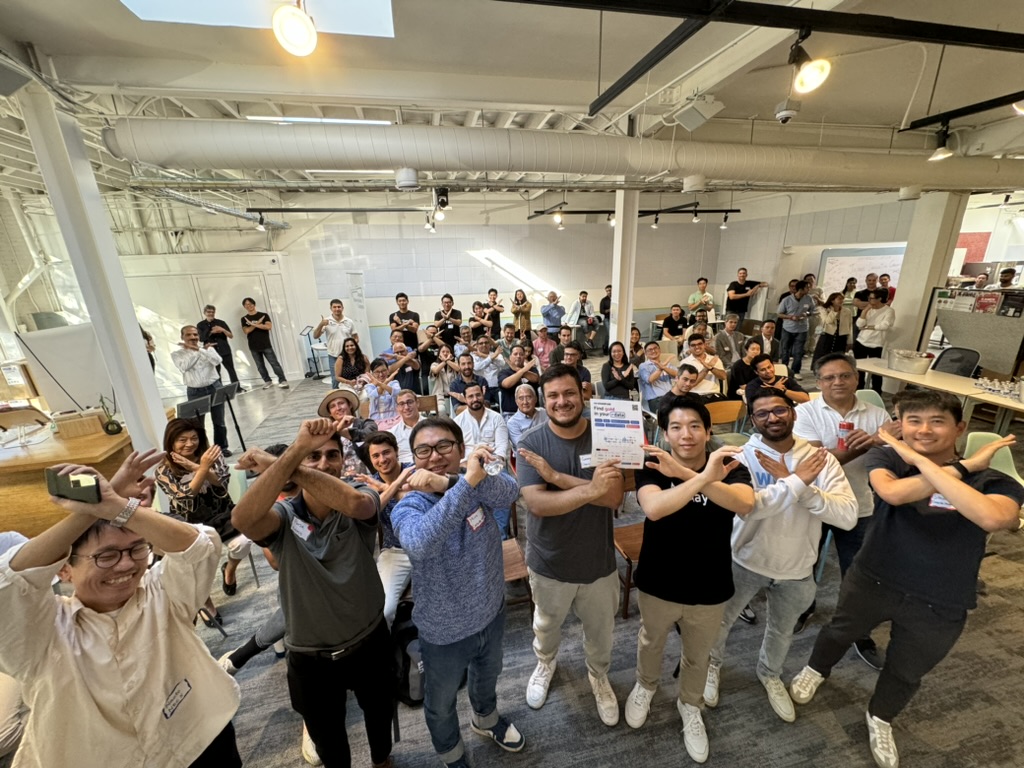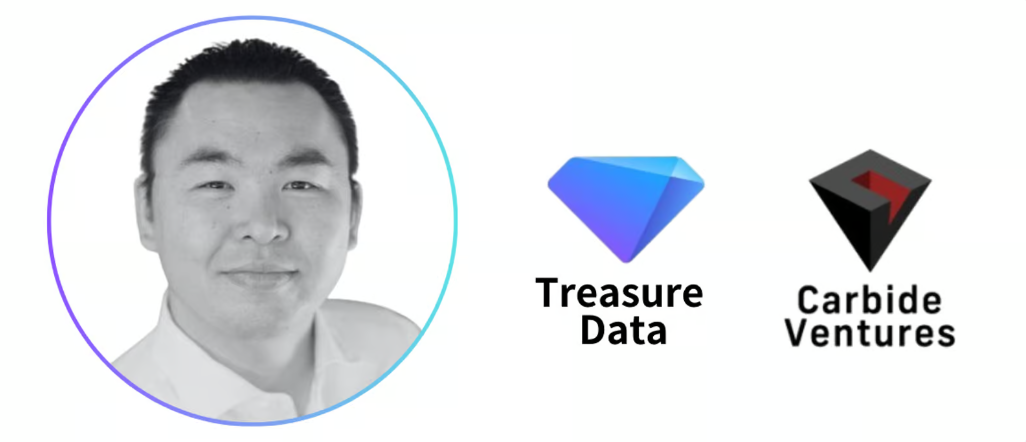Few exemplify the drive and innovation that NEC X champions like Hiro Yoshikawa, who is both an accomplished startup founder and venture capitalist .
After starting his career at Red Hat Japan, Yoshikawa transitioned to the venture capital division of Mitsui & Co. and relocated to the United States in 2009. By 2011, he took a leap into entrepreneurship and shook up Silicon Valley by founding the customer data platform Treasure Data. There, he grew the company to $200M in annual recurring revenue (ARR).
Arm acquired Treasure Data for approximately $600M in 2018. In 2021, the company was spun off from Arm to operate independently once again, completed an additional $235M financing round at a unicorn valuation led by SoftBank Vision Fund, and welcomed Yoshikawa back as a board chair. Now, as Founder and General Partner of Carbide Ventures, Yoshikawa is “paying it forward” by sharing his expertise and partnering with the next– generation of founders.
On August 21, 2024, Yoshikawa provided valuable insights to early-stage founders at NEC X’s monthly Startup, Pitch, Invest, Network! (SPIN) event. Here’s what he discussed during his session, “SaaS Unicorn to VC: How I Raised $288M, Scaled to $200M ARR, and Became a VC.”
Q. Why did you build Treasure Data?
One of the reasons I started the company was that, even though I was listed as a board member for many portfolio companies as a VC partner, I had never actually run a company myself, and I didn’t know anything about it. It was like coaching Major League players without ever having played baseball myself, and I hated it. That’s one of the reasons I started a company, and it wasn’t for a valuation or money. These things should not be the driving force behind your startup story.
Ultimately, my experience as an entrepreneur was incredibly rewarding.
Q. What challenges did you face early on as a startup founder?
Running a company is extremely difficult. You face many challenges. Things like macroeconomics and competitors are beyond your full control, but you still have to manage them. On top of that, you constantly have to think about products, go-to-market, hiring, fundraising, and sometimes firing people.
Looking back on my years as a CEO, these experiences made great memories, but each of them was extremely tough.
Q. Why do you think you succeeded in raising funds and generating revenue?
When raising funds for Series A and B rounds or later, showing traction is generally key. But for very early rounds, like the seed round, storytelling is incredibly effective. Even so, in the first three months of the company, we hardly got any term sheets. However, we kept meeting with experienced investors and refining our deck, pitch, and storytelling.
Eventually, I was lucky enough to meet an investor who decided to invest, and from that day on, everything changed. Before that, it was 30 “no’s” and 0 “yes’s.” After getting that one term sheet from Bill Tai, our first investor, who later became the chairman, everything changed. With his term sheet, I received 17 “yes’s” and just 1 “no.” It was a dramatic shift.
In early-stage startups, VCs are evaluating your personality — they’re deciding if they want to work with you for the next five or ten years. The same goes for entrepreneurs; it’s an equal relationship. Especially with a lead investor, they will have a very powerful role in your board. Don’t be swayed by a VC’s brand name. Choose the right investors who you genuinely want to work with for many years to come. If you wouldn’t feel confident working with them long-term, even if they seem supportive, it won’t lead to good results.
Q. Why did you return to a career as a venture capitalist?
Through my struggles as an entrepreneur, I developed a deep empathy for others on the same path. I believe that entrepreneurs are the most important people for humanity, no matter what business they are in.
After selling my business to Arm, many people expected me to start another company. However, my journey as a startup founder came at the expense of my family. In the end, I decided not to pursue another entrepreneurial career.
That said, being in my 40s, I still wanted to continue having an impact on society. This was one of the reasons I started Carbide Ventures. Instead of starting another company, I wanted to pass on my experience to the next generation. This is akin to “paying it forward”— sharing the lessons I’ve learned with others.
Q. Do you have any advice for early-stage entrepreneurs?
My advice is not to raise funds based on unreasonable valuations.
When I arrived in Silicon Valley in 2009 as a VC, I saw many entrepreneurs and employees wiped off from the cap table. When the company had burned through its cash, the only way to secure additional funding was to eliminate existing shareholders and employee equity. This situation must be avoided at all costs. Compared to four or five years ago, SaaS valuations, especially in the enterprise sector, may not be as high, but today’s valuations are perfectly fine. In fact, I feel they are healthier and within a normal range.
I understand how difficult it is to build a company because I’ve been there. Entrepreneurship is a lonely journey, and all founders go through the same tough experiences, facing many difficult problems to solve. I’m here to support you.

Interested in learning more about future SPIN events? Stay tuned for exciting opportunities to connect with innovative startups and investors. Click here for more details!
